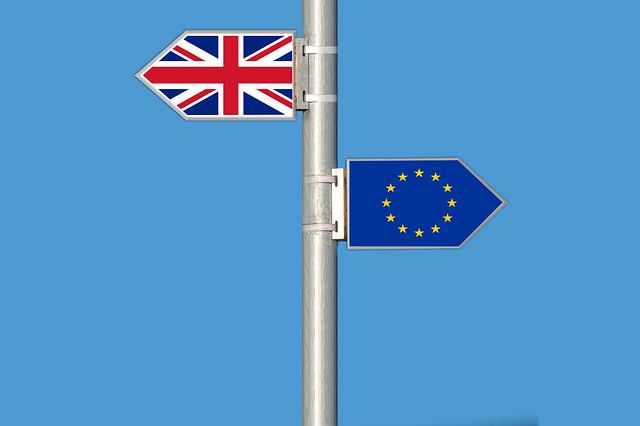
It’s something I’ve avoided but the I think it’s time we talk about Brexit. I don’t doubt that you’re all sick of hearing about it by now and just about every blog and new site in the country has something to say about it. Nonetheless it’s not going away and I want to discuss the impact and reaction of the Kent business community to what is surely the most important political votes in this country for a generation.
For reasons of my own sanity and yours, I will endeavour to keep my own politics out of this piece and will instead focus on the facts and how other prominent people are reacting.
Let’s begin with an undeniable fact then: that Kent voted to leave.
Kent Votes to Leave
Like the vast majority of the South West, outside of London, Kent voted overwhelmingly to leave the European Union. Ashford, Canterbury, Dartford, Dover, Maidstone, Medway, Tonbridge and Malling, Sevenoaks, Swale, Shepway and Thanet all voted for Brexit, with only Tumbridge Wells voting to remain. The biggest majority was in Gravesham where 65.3% voted to leave (a whopping 30.8% majority).
This article in Kent Online features details of all the voting in Kent from the EU referendum.
Across the wider South East of England, Lewes, Horsham and Mid Sussex bucked the trend and voted to stay. Unsurprisingly one of the biggest remain votes in the region came from Brighton & Hove, where 68.7% of voters voted to remain (a 37.2% majority). In Surrey, Elmbridge, Epsom and Ewell, Guildford, Mole Valley, Waverley and Woking all voted to remain, but Runnymede, Surrey Heath, Reigate and Banstead, Slough, Spelthorne and Tandridge voted for leave.
Comments from Kent and South East England politicians was unsurprisingly mixed in sentiment with Caroline Lucas of the Green Party (MP for Brighton & Hove) saying she was ‘heartbroken’. Adulation was the dominant feeling from leavers, with perhaps the most prominent of all of them, Nigel Farage (MEP for South East England), saying he believed the day would “go down in our history as our Independence Day”.
Uncertain Times for Kent
So what does this all mean for businesses in Kent? Well the term that best seems to sum up the situation in the wider economy at the moment is ‘uncertain’ and Kent is no exception. Simply put, these are unprecedented economic waters we find ourselves swimming in and to predict what will happen at a macroeconomic level, let alone a microeconomic one, is folly.
It’s important to remember though that SMEs in Kent do not represent a single industry sector, so it’s likely that some will fare better than others, whilst others may do quite well from the situation. Indeed, businesses reliant on exports to the EU are doing quite well from a weak pound but whether this will be offset by new tariffs in any future trade agreement with the EU is uncertain.
Kent Businesses remain Optimistic
The Kent business community does have many reasons to remain optimistic however. Strangely enough, one of these is a lack of major industries dominating the region. On the whole Kent’s business makeup is a real mix of industry sectors, which plays to our advantage.
Kent Invicta Chamber of Commerce chief exec, Jo James, is adamant that Kent’s mixed industry mix will help it weather any economic bad weather from the Brexit fallout.
“These are small to medium-sized companies that are not selling traditional products into a set market but innovative companies with a diverse range of products and customers. This is certainly a strength in any potential downturn.”
James is also keen to point out how comparatively well Kent weathered the 2008 recession, which she regards as a strong indicator of resilience.
There are other indicators that give reason for optimism too. A recent Kent poll from the North Kent B2B exhibition has found that 65% of respondents felt positive about the next year. Much of this optimism has come down to a feeling that less EU legislation will allow for a faster pace of growth in a post Brexit Britain.
Conclusion
There’s no doubt that Brexit is an issue that goes beyond the economic arguments straight to the core of people’s politics and their views on issues like immigration and sovereignty. These are complex and nuanced issues and well beyond the scope of this article. Whilst there does seem to be a lot of uncertainty around at the moment (we haven’t even triggered Article 50 yet and it’s uncertain when we will), there is also a lot of reason for cautious optimism if you’re a business owner in Kent.
From my years working with some of Kent’s most amazing and brilliant businesses and businessmen, I have no doubt that, as a county, Kent is better placed than most to weather the storm.

